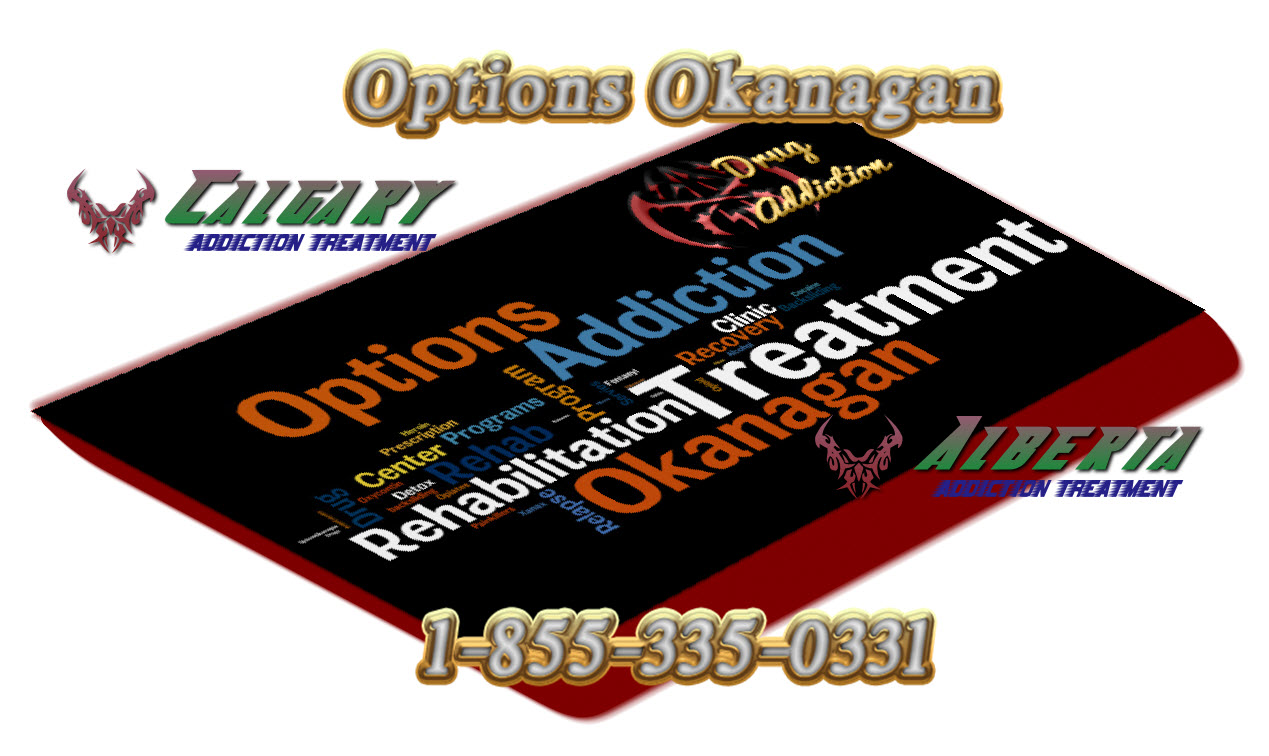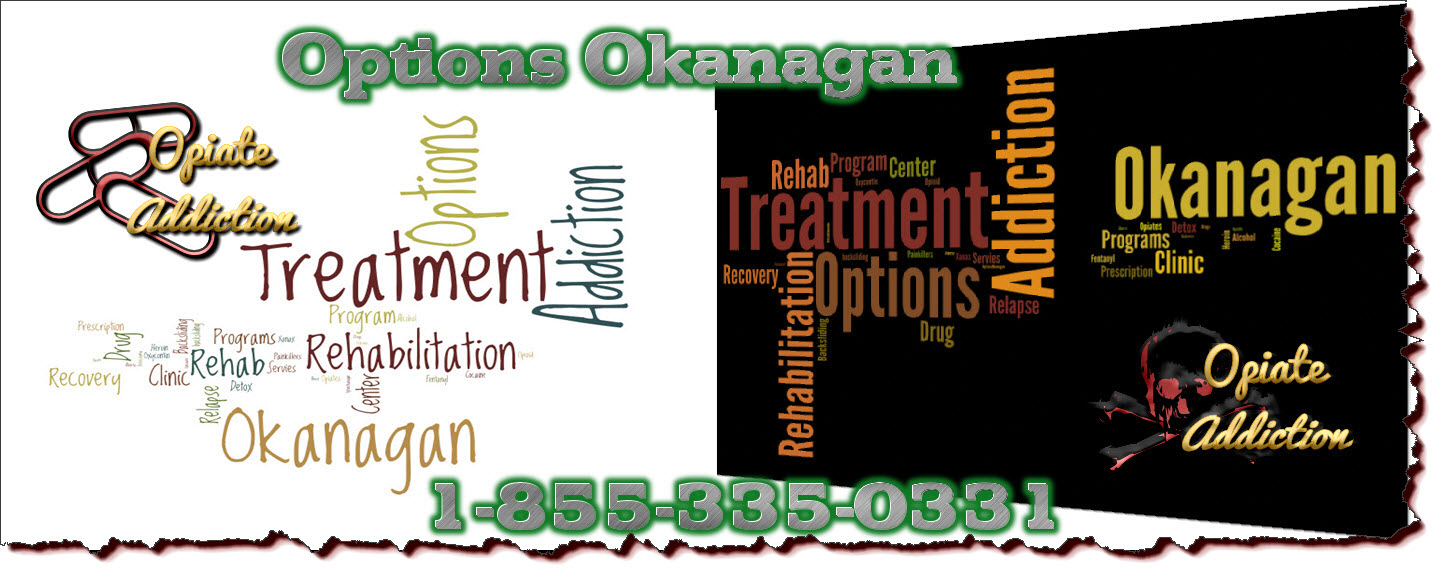Substance abuse and drug addiction, a mental health issue in Calgary, Edmonton, Red Deer and other parts of Alberta by Options Okanagan Treatment Center in Kelowna, British Columbia treating alcohol and drug addiction and recovery.
Diagnosing Co-occurring Disorders
While the two disorders have unique symptoms, diagnosis can be problematic. It may take time time to determine which is a mental illness or what issues are symptomatic of a substance abuse issue.
One of the main problems to deal with in substance abuse is denial. Most addicts can’t admit to themselves, or others, that they have a problem or how deeply the problem affects their lives. But denial is not unique to addiction and is common in mental illness. Facing the symptoms is hard enough without having to deal with the shame that society places on mental health disorders.
Acknowledgement Of A Dual Diagnosis
Both mental health illness and substance abuse will not simply disappear on their own. Without treatment, the symptoms are likely to intensify. Acknowledging that a problem exists is the first step to mental wellness and the ability to cope with the issues at hand.
Remember that the risk of developing a problem increases when there is a genetic component involved. Research your family history and find out if any members have suffered with addiction or mental illness in the past. It is also important to study your own behavior – are you highly sensitive to the effects of alcohol and drugs or have you found that you turn to these substances when you are anxious or depressed?
It is best to evaluate these symptoms when you have not been under the influence of alcohol or drugs for a period of time. While you will feel some anxiety or depression as part of sobering up, persistent symptoms could point to mental illness.
If you have previously been treated for either problem without success, evaluate whether the treatment failed because the program did not take into consideration the concurrent disorders.
Substance Abuse Signs And Symptoms
Answer the following questions as honestly as possible. The more ‘yes’ answers you have, the more likely it is that you have a substance abuse problem.
– Do you tell yourself that you need use alcohol or drugs less?
– Did you attempt to use less but failed?
– Do you lie to yourself or others about how much drugs or alcohol you actually consume?
– Are friends and family concerned about your drug or alcohol use?
– Do you experience negative emotions such as shame or guilt when drinking or using drugs?
– Do you say or do things while under the influence that you later regret?
– Do you have a problem remembering the events that took place while you were under the influence?
– Have your relationships suffered as a consequence of your drug or alcohol use?
– Have you ever had problems with law or at work due to your drinking or drug use?
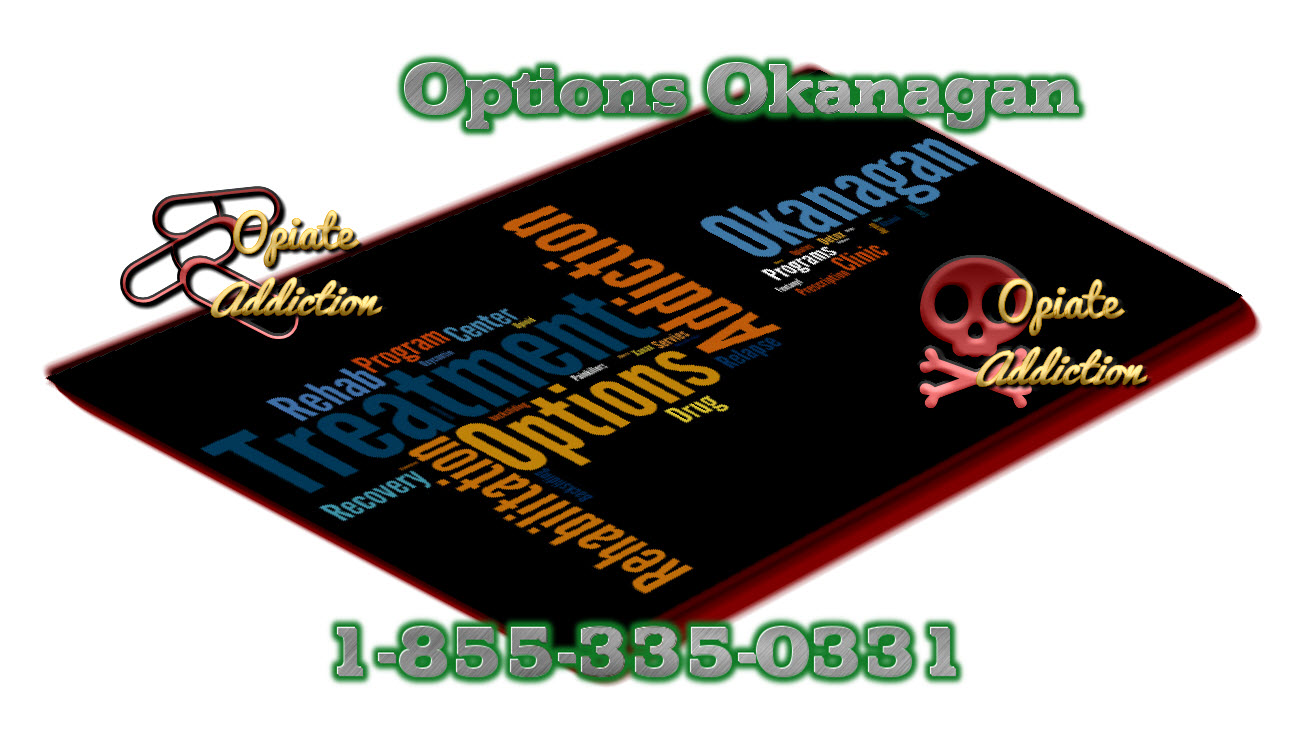
Common Co-occurring Disorder Signs And Symptoms
The most common mental health illnesses that occur in conjunction with addiction are bipolar disorder, anxiety and/or depression.
Depression Signs And Symptoms
1) Feeling that there is no hope and that you are helpless
2) No interest in the daily routine of life
3) A lack of enjoyment in life
4) A change in appetite, weight loss or weight gain
5) Insomnia or sleeping too much
6) Constantly feeling tired
7) Intense feelings of guilt or being worthless
8) Problems focusing
9) Reckless, irate or resentful behavior (more often in men than in women)
10) Physical pain
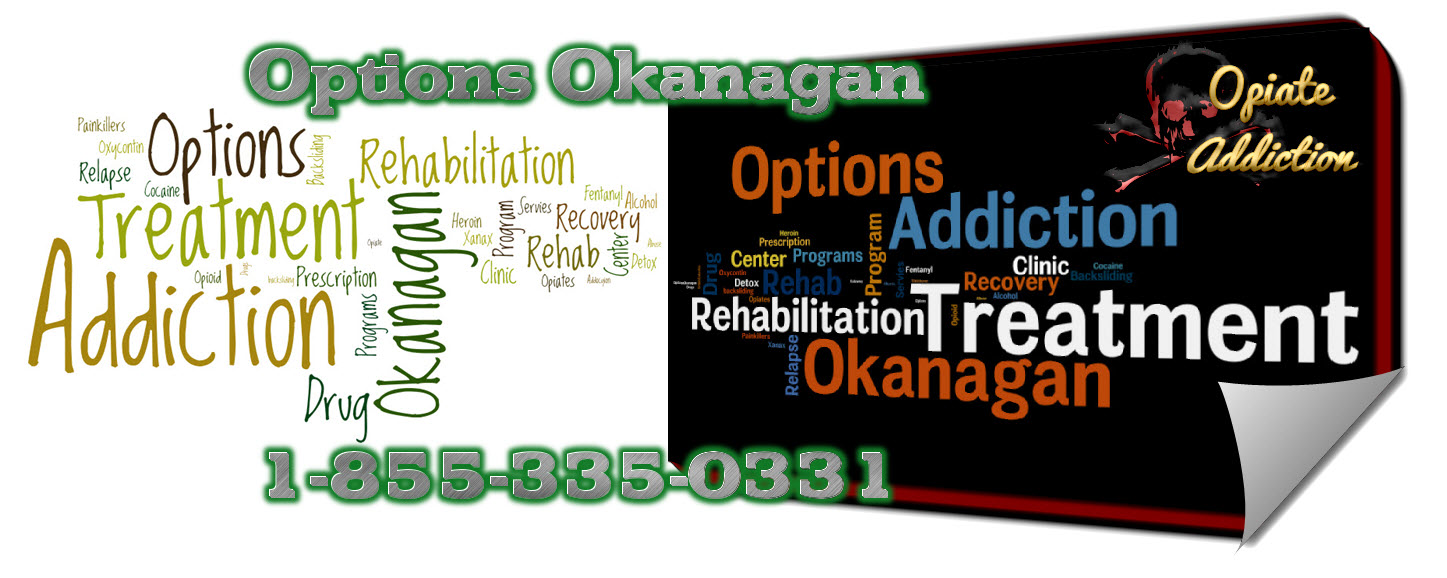
Manic Symptoms In Bipolar Disorder
1) Feeling extremely happy or irritated
2) Believing that there is nothing that cannot be achieved
3) Sleeplessness or insomnia
4) Hyperactivity with increased energy
5) Out of control thoughts with an increase in the speed of speech
6) Impulse control problems with a lack of rational thought
7) Extreme anger, aggression and rage
Anxiety Disorder Signs And Symptoms
1) The inability to stop worrying resulting in extreme tension
2) Restlessness and jumping at sounds and movements
3) Feeling irritation and annoyance
4) Rapid heartbeat combined with a shortness of breath
5) Shaking, dizziness and nausea
6) Muscle pains and headaches caused by tension
7) An inability to focus or concentrate for a period of time
8) Sleeplessness and insomnia
Options Okanagan Drug And Alcohol Treatment Centers in Kelowna, Salmon Arm and Vancouver, British Columbia – Men and Women are recovering and healing from Alcohol and Drug Abuse at our treatment center here in the Okanagan right now.
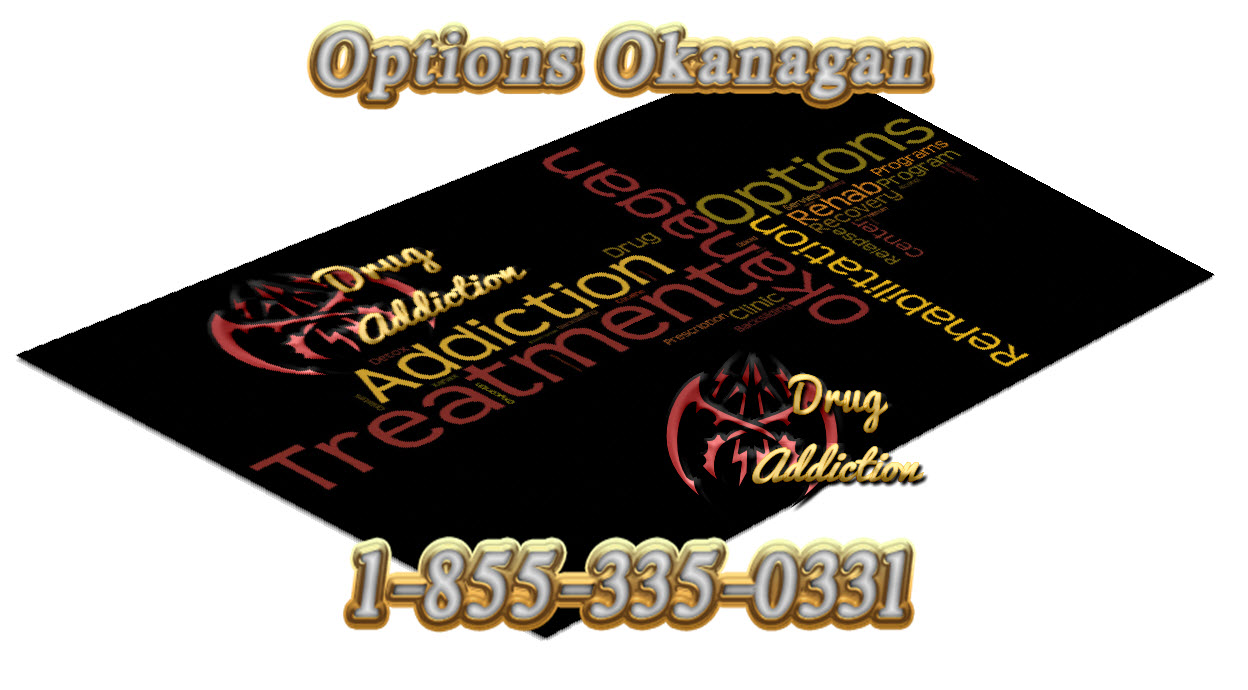
Our unique and distinctive drug treatment program allows men and women to come in from Calgary as well as Edmonton as we offer airport pickup.
Numerous clients come to us from Calgary and Edmonton and other locations in Alberta and even other provinces for Opiate addiction treatment, meth drug treatment, many other drug and alcohol addictions for rehabilitation because of the uniqueness of our treatment center.
Our Treatment Location:
Options Okanagan Drug and Alcohol Treatment Center
551 Sherrydale Crescent, Kelowna, British Columbia, V1V 2E6
Toll Free Phone Number : 1-855-335-0331

